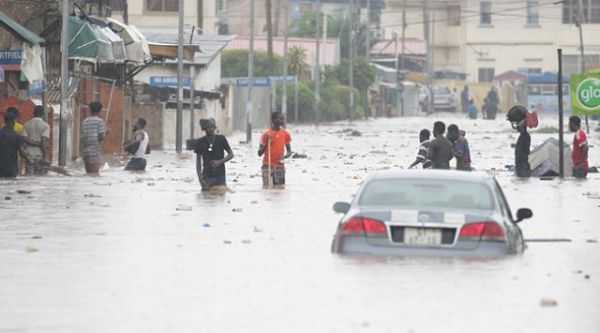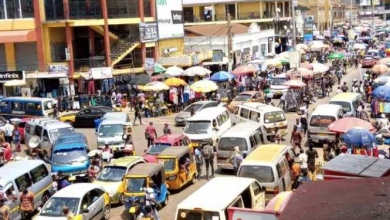“Accra Flood Risk Reduced, Says GARID Project Coordinator”

- GARID project reduces flood risk in Accra.
- Project improves flood risk and waste management.
- Initial delays resolved, project gains momentum.
The Greater Accra Resilient and Integrated Development (GARID) project has made significant progress in reducing the risk of floods in Accra, despite still being underway, according to project coordinator Dr. Kwadwo Ohene Sarfoh.
Accra, the capital city of Ghana, has long faced the threat of floods, exacerbated by erratic rainfall, rapid urbanization, poor sanitation, and encroachment on waterways.
The GARID project was launched to address these challenges by improving flood risk and solid waste management in the Odaw River Basin and enhancing access to basic infrastructure and services in targeted communities.
Works and Housing had earlier expressed concern over the slow pace of work, citing review processes and compensation issues as major factors.
However, Dr. Sarfoh revealed that these issues have been resolved, and the project has gained momentum since the World Bank’s approval for resource allocation. The project coordinator highlighted that compensation payments have been expedited, and significant progress has been made in reducing the risk of floods in Accra.
Dr. Sarfoh noted that while quantifying the reduction in flood risk is challenging, the project’s output over the last three years has undoubtedly made a positive impact. The removal of vast volumes of waste from drains is a testament to the project’s success, and the city is better equipped to handle climate change and urbanization challenges.
As the GARID project continues, the goal is to make Accra a safer, more sustainable city, with improved flood resilience and solid waste management. The project’s progress is a testament to the effective collaboration between stakeholders, including the World Bank, the government, and local communities, working together to build a more resilient Accra.






